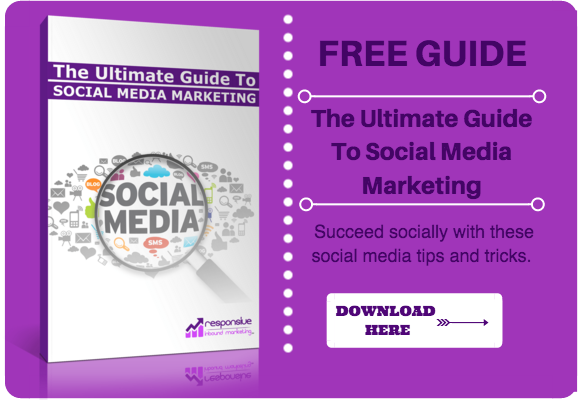If you’ve been living under a rock for the past few days, Facebook conducted a psychological study of almost 700,000 users in 2012, unbeknownst to them. In order to determine the emotional influence of newsfeed content, the site’s data engineers created an algorithm that, for one week, filtered the news feeds of 689,003 users to feature posts associated with either positive or negative emotions. The study’s abstract concludes, “for people who had positive content reduced in their News Feed, a larger percentage of words in people's status updates were negative and a smaller percentage were positive. When negativity was reduced, the opposite pattern occurred."
While Facebook is emphasizing the legitimacy (and legality) of this experiment due to a clause in their Terms & Conditions agreement, their actions have stirred up some discontent, to say the least. Nevertheless, Facebook's latest move can remind us all of some important marketing concepts.
1. People hate being manipulated.
Zuckerberg seems to have missed the #1 rule of inbound: don't interfere! Granted, psych studies like this one are based on some kind of variable change, but people are pissed that their News Feeds were messed with. The takeaway here is that people are increasingly picky about the information that they consume, and rightfully so according to the results of the study. Avoid turning off potential customers by showing them content that they find questionable or aren't interested in. Instead of interrupting their lives with annoying outbound sales pitches or unexciting content, provide helpful or inspiring material that they actually want to engage with!
2. Positve content = Happy customers!
As a rebuke to the theory that seeing posts about our friends' life successes makes us unhappy, this study confirmed that we react positively to happy news. Participants' emotions were evaluated based on their own Facebook posts, which means that people who are exposed to more positive content not only feel happier, but engage with others in a more affirmative, optimistic way as well. Want your brand to evoke a positive audience response and inspire active interaction with your clients? Focus on constructive, dynamic, or just plain funny content. Remember, smiles are contagious! :)
3. Who runs the world? Facebook.
Another thing that can't be overlooked is the ubiquitous presence of social media in our lives. With over 1.2 billion active monthly users, Facebook is an influential force of modernity. Not only is Facebook prevalent in our day-to-day lives as a social network, but it also has the capacity to impact our psychological and emotional well-being. While this notion may be somewhat alarming, it also means that there is an opportunity to harness this potential for influence as a marketing tool. In addition to reaching more prospective customers, you can also be sure that they are continually aware of your brand if you post to Facebook regularly.
Ethically troubling? Scientifically valuable? Whatever your reaction to Facebook’s experiment, it certainly has some powerful implications. With the obvious salience of Facebook in today’s social and professional spheres, why not build up your own social media platforms? Responsive Inbound Marketing can help you attract leads and make the world – or at least Facebook – a happier place with interesting, helpful content. We also offer you this free download!
